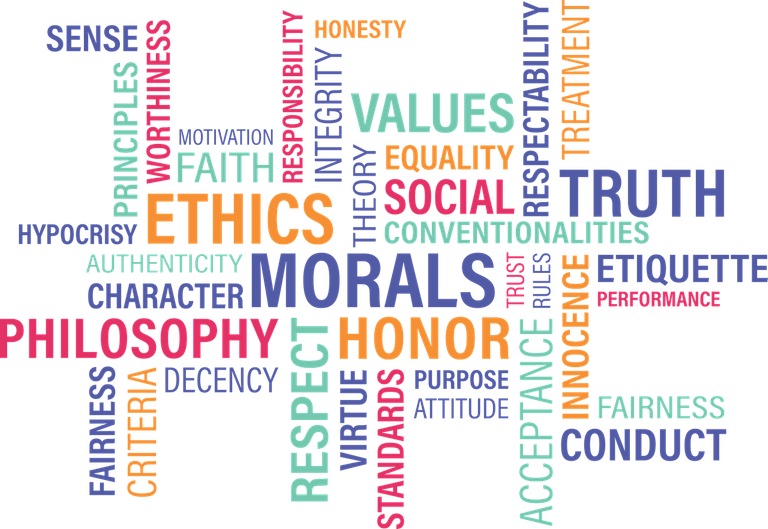
A widely cited quote of Mahatma Gandhi says: “Be the change that you wish to see in the world.”
In essence, this means that the change we strive for starts with the need to determine our own principles. Do we want to see more kindness in the world, compassion with animals, respect for our environment? Do we want to be more considerate of the sick, poor and elderly?
Once we know what change we wish to see on a broader scale, we establish our own internal principles that we aim to adhere to for ourselves. Some people start volunteering, become vegetarian or vegan or start action in a different way. Here, it is less important whether we can affect the entire system by changing our own behaviour (which is obviously highly unlikely), but it is crucial that we can fulfil our expectations that we have internalized. Eventually, this can also significantly increase our subjective level of happiness.
The approach described above is essentially the deontologist view in moral theory. Immanuel Kant formulated it as follows: “Act only according to that maxim whereby you can, at the same time, will that it should become a universal law.” This broadly resembles the ‘Golden Rule’ which demands that we should treat others how we wish to be treated.
In my opinion, the internalization of certain principles is crucial within our society and more important than ever before. There are often limits to our legal system, may it be the difficult enforcement of laws or the slow legislation process, that is outpaced by the forces of the Anthropocene nowadays (e.g. technology and ecological changes). When there are flaws in our legal system, moral laws keep our society running because we feel that we are still bound by some kind of internal responsibility.
What do you think? Do we have a special kind of moral responsibility today? What are your internal principles and do you think you are complying with them? Does it make you happier when you indeed comply with them?
I’m looking forward to your ideas.
steem3000
see: Kant, Immanuel (1993) [1785]. Grounding for the Metaphysics of Morals. Translated by Ellington, James W. (3rd ed.). Hackett. p. 30.
and Antony Flew, ed. (1979). "golden rule". A Dictionary of Philosophy. London: Pan Books in association with The MacMillan Press. p. 134.
picture can be found on pixabay
Congratulations @steem3000! You have completed some achievement on Steemit and have been rewarded with new badge(s) :
Click on the badge to view your Board of Honor.
If you no longer want to receive notifications, reply to this comment with the word
STOPWelcome, @steem3000!
I am a member of @newbieresteemday and a sposor of newbie bonus for the "pay it forward" contest, both are for helping newbies grow the right way.
Please let me know on my post if I can help.
Curation Circle Creed - a Proposal to Help Newbies to Start Earning 🍦🍧 🍭 🍮 🍰 🍳 🍔 🍒 🍎 🍍 His / Her Full Share on Day One!
Plus, a surprise for the first 10 ...
Check it out!
All the best!